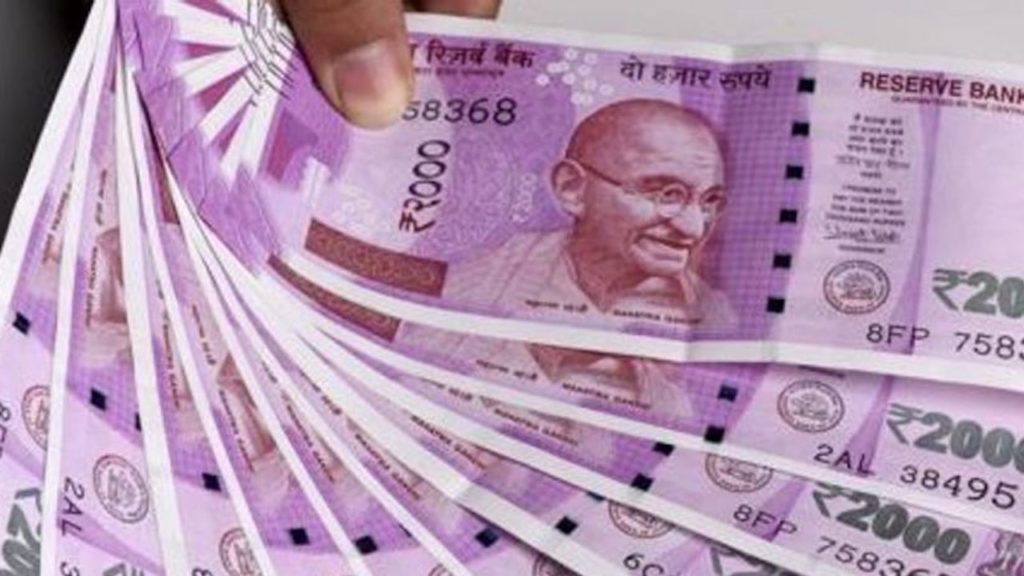In accordance with its guidelines on responsible lending practices, the Reserve Bank of India (RBI) has instructed banks not to impose penal interest on borrowers for non-compliance. The RBI emphasized that penal interest or charges should not be used as a means of generating additional revenue beyond the agreed-upon interest rate, as stated in a circular.

Central Bank Proposes Stricter Regulations on Loan Penal Charges
To address variations in practices, the central bank has proposed the following measures:
Loan accounts will not incur interest charges for non-compliance. If penal charges are applied, no interest will accrue on these charges, preventing them from compounding.
Regulated financial institutions are prohibited from introducing any supplementary elements to the interest levied.
Penal charges must be reasonable and proportional to the non-compliance and should not vary significantly across different loan products.
In the case of loans extended to individual borrowers, penal charges cannot exceed those imposed on non-individual borrowers.
Regulated entities must transparently disclose the quantum and reasons behind penal charges.
RBI’s New Regulations on Loan Penal Charges and Their Impact
These new standards for responsible lending practices will be enforced starting from January 1. However, it’s important to note that these directives will not be applicable to credit cards, external commercial borrowings, trade credits, and structured obligations.
The RBI’s directives to regulated entities are a response to a draft circular issued on April 12, aiming to regulate penal charges imposed on loan accounts.
Recent information provided to Parliament by the Union government reveals that banks have collected over Rs 35,000 crore in penal charges since 2018. This includes Rs 21,044.4 crore for non-maintenance of minimum bank balances, Rs 8,289.3 crore for additional ATM transactions, and Rs 6,254.3 crore from SMS services.











